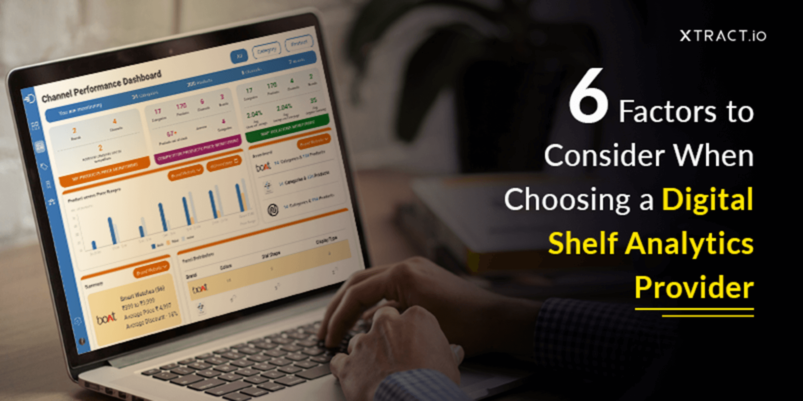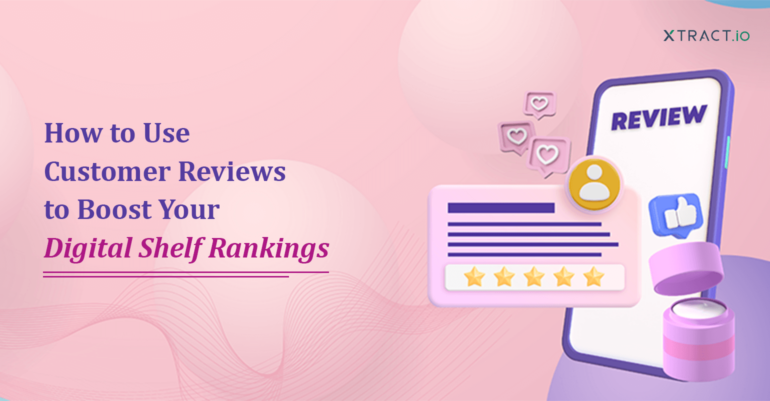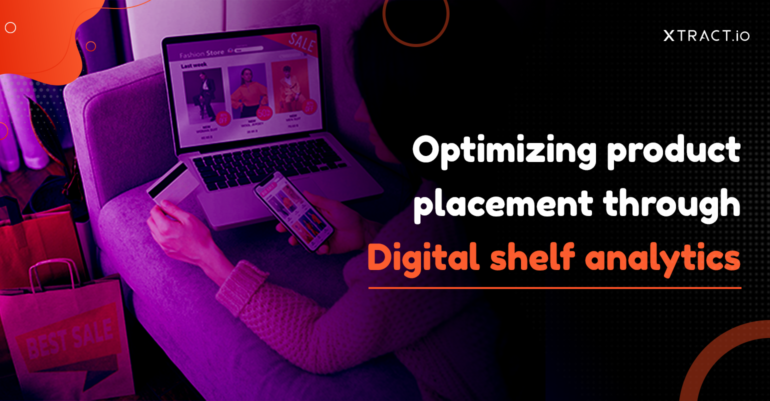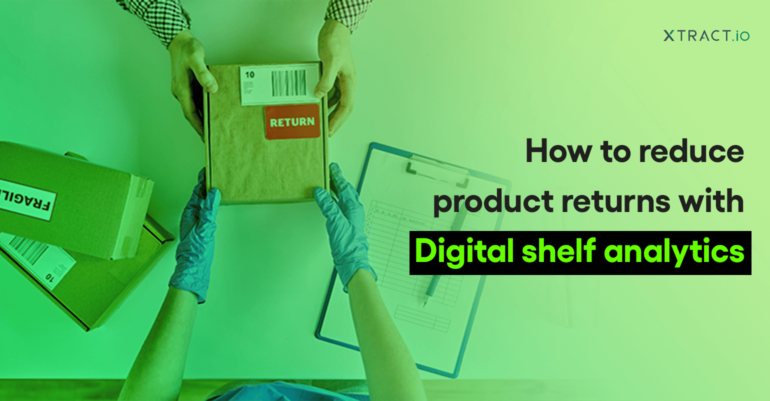Optimizing your digital shelf is crucial for driving sales and maintaining product visibility. As a brand or retailer, leveraging insights into your product pages’ performance can give you a significant edge. Digital shelf analytics software can help you monitor and improve your digital shelf performance.
But with the multitude of digital shelf analytics providers, how do you decide which best meets your business needs? When evaluating options, there are vital factors to keep in mind.
1. Expertise and industry experience
When searching for a digital shelf analytics provider, it’s essential to consider their expertise and industry experience. You want a provider who understands your industry’s unique challenges and opportunities. They should offer comprehensive, high-quality data pulled from various sources.
At a minimum, they should track metrics on your ecommerce sites and those of major retailers. Consider whether the provider has a successful track record in your industry. Can they demonstrate their knowledge of digital shelf monitoring and performance improvement to amplify your business in the ecommerce market?
What to do?
- Research the client list and case studies of a digital shelf analytics provider to see if they have worked with businesses like yours.
- Check with past clients about their industry-specific expertise and look for testimonials.
- Ask for specific examples of how their expertise translated into results for their clients.

2. Data collection and analysis capabilities
Analyzing and collecting data for digital shelf analytics is a key component. Data accuracy and comprehensiveness are crucial to the success of your digital shelf strategies. Look for a platform that uses advanced data scraping and machine learning techniques for accurate, up-to-date statistics.
Avoid providers who use a limited panel of users. Robust, real-time data is crucial for maximizing your digital shelf. Check whether the provider offers real-time data collection and analysis. How well can they track competitor activities? Are their analytics tools comprehensive and customizable to suit your needs?
What to do?
- Request a demo or trial version from the software provider to get a hands-on feel for their data collection and analysis capabilities.
- Inquire about the data sources they use and the frequency of data updates.
- Seek references from businesses that have experienced significant improvements in their digital shelf performance utilizing the provider’s tools.
3. User-friendly interface
User-friendliness is often underestimated but is crucial when selecting digital shelf analytics software. Your team must work with the platform regularly, so it must be intuitive and easy to navigate. The metrics are pointless if you can’t act on them.
Prioritize providers who visualize data into clear, intelligent insights around product content, pricing, promotions, and assortment. Does the provider offer training or support for their platform? How quickly can your team adapt to the software?
What to do?
- Ask for a live demo of the digital shelf analytics software to evaluate its user-friendliness.
- Consider the input of team members who will use the platform during the software selection process.
- Look for online reviews and testimonials regarding the software’s ease of use.
4. Scalability and flexibility
Ecommerce business is dynamic and ever-evolving. Analyzing your digital shelf should be easily adaptable to your shifting business needs. Look for a software that can easily accommodate the expansion of your operations and is flexible enough to integrate new features and technologies seamlessly.
Check if the software is flexible enough to handle new features and integrations. What’s the pricing structure, and does it align with your business’s scalability? Ensure you can continue benefiting from their digital shelf analytics software as your business evolves.
What to do?
- Inquire about the provider’s experience in handling businesses that have scaled rapidly.
- Check if they offer customizable features, dashboards, and integrations to suit your evolving needs.
- Make sure your long-term growth plans correspond with the pricing structure.

5. Actionable insights and recommendations
Digital shelf analytics are only valuable if they provide actionable insights and transform the data into meaningful recommendations. More than just data, the provider should help you understand how to use those insights for digital shelf optimization. Tracking the right metrics is essential to drive accurate insights that enable growth.
By focusing on the metrics that matter most to your business, you can make informed decisions and continuously refine your digital shelf strategies. Do they provide clear recommendations for improving your digital shelf performance? Can they help you identify trends and opportunities?
What to do?
- Request sample reports or insights to see if they provide actionable recommendations.
- Ask for case studies showcasing how their insights led to concrete client improvements.
- Ensure that the provider offers training or guidance on implementing their recommendations.
6. Customer support and collaboration
The relationship with your digital shelf analytics provider should be a partnership, not just a transaction. Customer support is another crucial aspect, and it’s essential to be confident that your inquiries and issues receive prompt and effective attention. More than that, they should be open to collaboration and feedback, valuing your insights and suggestions. Do they offer ongoing support, training, and updates?
What to do?
- Contact their customer support to evaluate their responsiveness and helpfulness.
- Request information about their support packages and ongoing assistance.
- Inquire about their willingness to collaborate and adapt their software to your needs.
Bottom line
With the right questions and the tips above, you can choose a digital shelf analytics provider that meets your needs. When deciding, consider the expertise, data capabilities, user-friendliness, scalability, actionable insights, and customer support. DigiSense360, for instance, excels in these aspects and is an excellent choice for businesses looking to enhance digital shelf performance. Your choice can significantly impact your e-commerce success, so take the time to assess each factor.







